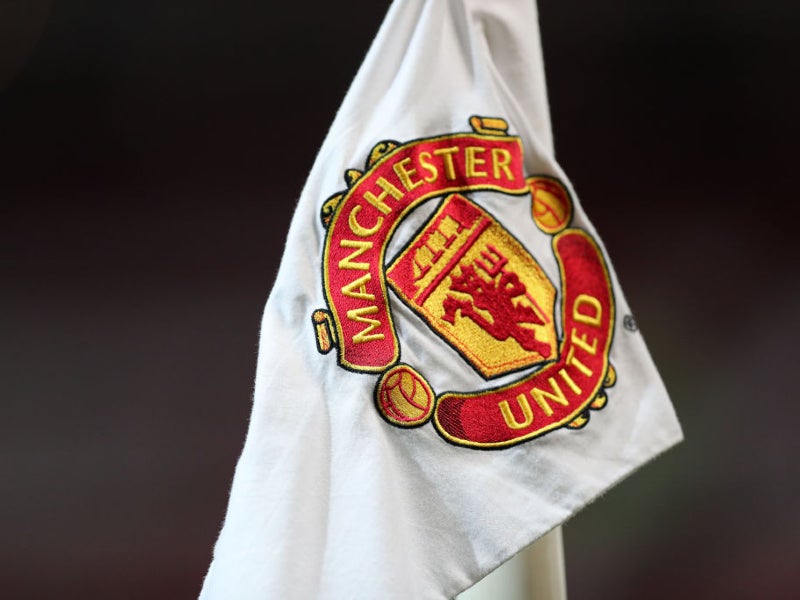
Manchester United, heavyweights from English soccer’s top-tier Premier League, saw their profit drop 89% year-on-year during the three months up to December 31, 2021, despite a 7.3% rise in total revenue.
During the second fiscal quarter of the 2021-22 financial year, United’s operating profit dropped to £5.4 million ($7.2 million), after hitting £48.5 million ($64.7 million) for the same three months last season.
This came despite total revenue rising to £185.4 million (£247.5 million) – led by growth in both commercial and matchday revenue, to £64.4 million ($85.9 million) and £34.6 million ($46.1 million) respectively.
Indeed, the matchday revenue rose significantly, by over £30 million ($40 million), as games took place at the club’s Old Trafford home stadium once again after it was left almost entirely empty during the previous campaign when Covid-19 – related restrictions were in force.
Broadcast revenue, however, fell by 20.5%, down to £86.4 million ($115.3 million) after being at £108.7 million ($145.1 million) during the equivalent period in 2020-21.
The drop in profit, therefore, was as a result of total operating expenses rising to £179.7 million ($239.9 million) during the quarter, up 29.7% year-on-year – partly due to investment in the men’s first team playing squad and partly due to costs related to bringing fans back to Old Trafford and the club’s Megastore in person.
How well do you really know your competitors?
Access the most comprehensive Company Profiles on the market, powered by GlobalData. Save hours of research. Gain competitive edge.

Thank you!
Your download email will arrive shortly
Not ready to buy yet? Download a free sample
We are confident about the unique quality of our Company Profiles. However, we want you to make the most beneficial decision for your business, so we offer a free sample that you can download by submitting the below form
By GlobalDataAs of December 31, the club’s next debt stood at £494.8 million ($660.6 million, up from £455.5 million ($608.1 million) at the end of 2020.
In terms of the revenue bounceback, matchday income generated 18.7% of the club total, as opposed to just 0.9% during the equivalent 2020 quarter.
Therefore, both commercial and broadcast revenue – as a percentage of the total figure – fell.
The club’s adjusted EBITDA (earnings before interest, taxation, depreciation and amortization), has also fallen year on year, from £70.3 million ($93.8 million) to £57.9 million ($77.3 million).
Cliff Baty, Manchester United’s chief financial officer, said: “For the second fiscal quarter of 2021-22, we achieved robust revenue growth of 7.3% despite the postponement of two matches in the quarter … Results reflect the continued strength of our sponsorship revenues, supported by record-breaking digital fan engagement, in addition to the return of more normalized matchday operations. We look forward with optimism to the remainder of the fiscal year.”
Richard Arnold, the club’s new chief executive (formally appointed at the start of last month), added: “Everyone associated with Manchester United should have belief in the opportunities that lie ahead of us, both on the pitch and in the way we engage and serve our fans … All of this will be supported by a sustainable operating model that ensures the club is strong for the present and secure for the future.”
In terms of the club’s half-year revenues, these increased by 10.7% year-on-year, to £311.9 million ($416.4 million).
Half-year EBITDA was down 24.1% however (for the same reasons as stated for the quarterly total), to £69.1 million ($92.2 million)







